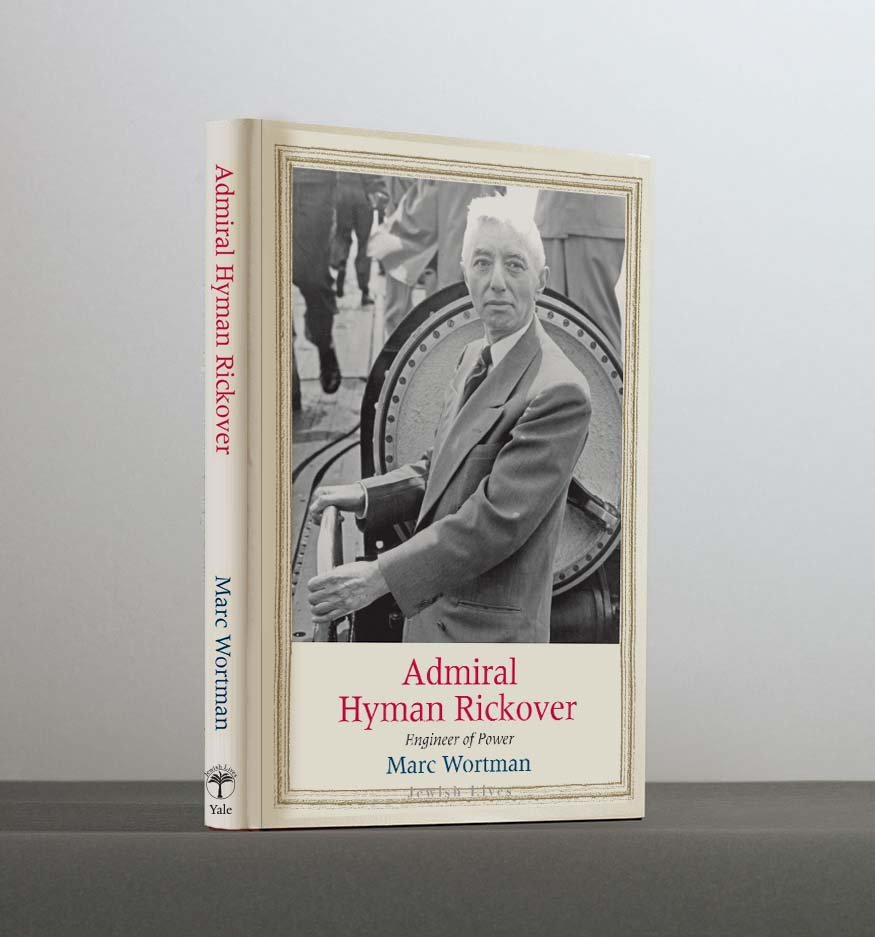Books
Antiquity. Arts + Culture. Entertainment. Philosophy + Religion. And more!

By Adam Phillips
Published May 27, 2014
192 pages
“An audacious book” —The New Yorker
From one of the world’s foremost authorities on Sigmund Freud comes a strikingly original biography of the father of psychoanalysis
Becoming Freud is the story of the young Freud—Freud up until the age of fifty—that incorporates all of Freud’s many misgivings about the art of biography. Freud invented a psychological treatment that involved the telling and revising of life stories, but he was himself skeptical of the writing of such stories. In this biography, Adam Phillips, whom the New Yorker calls “Britain’s foremost psychoanalytical writer,” emphasizes the largely and inevitably undocumented story of Freud’s earliest years as the oldest—and favored—son of Jewish immigrants from Eastern Europe and suggests that the psychoanalysis Freud invented was, among many other things, a psychology of the immigrant—increasingly, of course, everybody’s status in the modern world.
Psychoanalysis was also Freud’s way of coming to terms with the fate of the Jews in Europe in the late nineteenth and early twentieth centuries. So as well as incorporating the writings of Freud and his contemporaries, Becoming Freud also uses the work of historians of the Jews in Europe in this significant period in their lives, a period of unprecedented political freedom and mounting persecution. Phillips concludes by speculating what psychoanalysis might have become if Freud had died in 1906, before the emergence of a psychoanalytic movement over which he had to preside.

By Steven Gimbel
Published April 28, 2015
208 pages
“Incisive” —The Times of London
A revealing new portrait of Albert Einstein, the world’s first scientific “superstar”
The commonly held view of Albert Einstein is of an eccentric genius for whom the pursuit of science was everything. But in actuality, the brilliant innovator whose Theory of Relativity forever reshaped our understanding of time was a man of his times, always politically engaged and driven by strong moral principles. An avowed pacifist, Einstein’s mistrust of authority and outspoken social and scientific views earned him death threats from Nazi sympathizers in the years preceding World War II. To him, science provided not only a means for understanding the behavior of the universe, but a foundation for considering the deeper questions of life and a way for the worldwide Jewish community to gain confidence and pride in itself.
Steven Gimbel’s biography presents Einstein in the context of the world he lived in, offering a fascinating portrait of a remarkable individual who remained actively engaged in international affairs throughout his life. This revealing work not only explains Einstein’s theories in understandable terms, it demonstrates how they directly emerged from the realities of his times and helped create the world we live in today.

By Marc Wortman
Published February 15, 2022
328 pages
“Superb” —Admiral James Stavridis
A riveting exploration of the brilliant, combative, and controversial “Father of the Nuclear Navy”
Known as the “Father of the Nuclear Navy,” Admiral Hyman George Rickover (1899–1986) remains an almost mythical figure in the United States Navy. A brilliant engineer with a ferocious will and combative personality, he oversaw the invention of the world’s first practical nuclear power reactor. As important as the transition from sail to steam, his development of nuclear-propelled submarines and ships transformed naval power and Cold War strategy. They still influence world affairs today.
His disdain for naval regulations, indifference to the chain of command, and harsh, insulting language earned him enemies in the navy, but his achievements won him powerful friends in Congress and the White House. A Jew born in a Polish shtetl, Rickover ultimately became the longest-serving U.S. military officer in history.
In this exciting new biography, historian Marc Wortman explores the constant conflict Rickover faced and provoked, tracing how he revolutionized the navy and Cold War strategy.